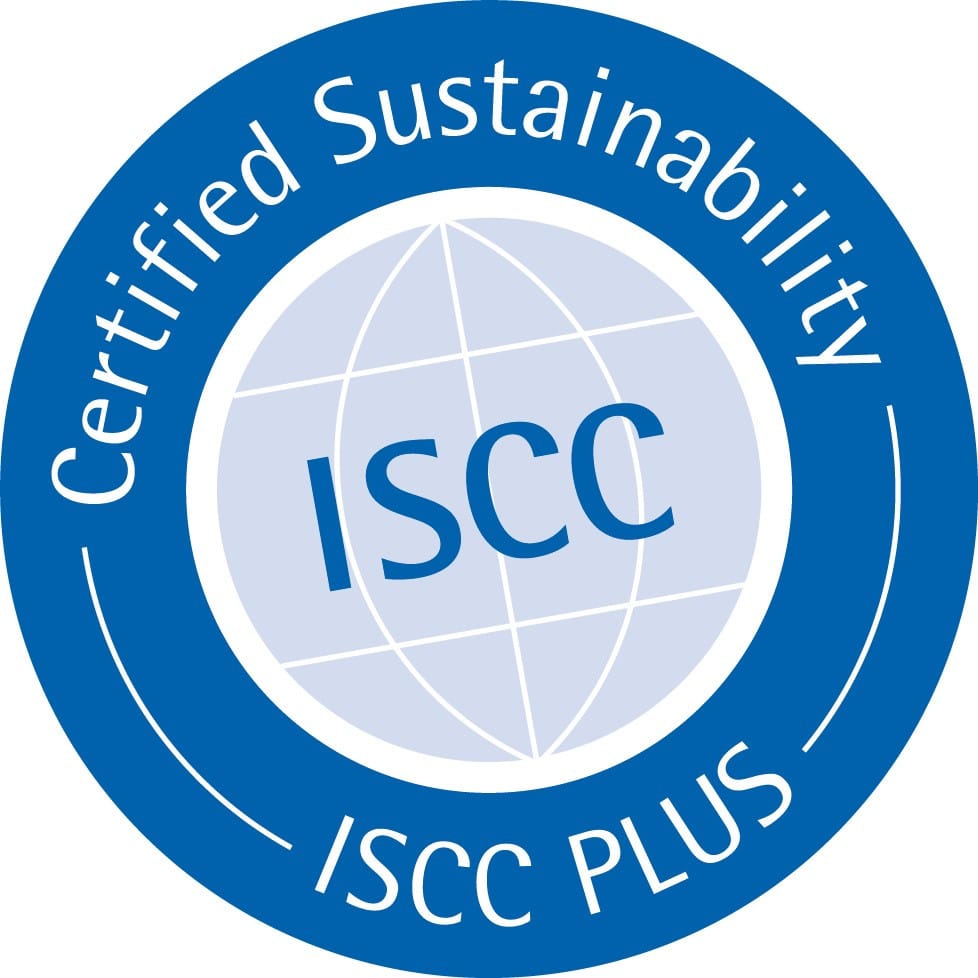What is ISCC+ certification?
ISCC+ is an international certification that aims to promote sustainable development in various industrial sectors, including plastics. This standard establishes rigorous criteria for assessing and attesting the sustainability of production processes, focusing on several key aspects:
- Raw materials management: ISCC+ certification encourages the responsible use of resources by assessing the provenance and sustainability of the raw materials used. This includes the traceability of materials and the promotion of responsible sourcing.
- Reducing carbon emissions: Another key aspect of ISCC+ certification is the reduction of carbon emissions throughout the value chain. This involves adopting more energy-efficient production practices and investing in cleaner technologies.
- Waste management: Effective waste management is a central pillar of sustainability in the plastics industry.
ISCC+ certification encourages companies to implement strategies for recycling and reusing plastic waste, thereby helping to reduce their environmental impact.
See also our article on IPM: industrial plastics management.
- Social responsibility: In addition to environmental aspects, ISCC+ certification also incorporates criteria relating to corporate social responsibility. These include respect for employee rights, the promotion of safe and fair working conditions, and positive contributions to local communities.

Why is ISCC+ certification important for the plastics industry?
In a context where sustainability has become a global priority, the plastics industry faces major challenges in reducing its environmental footprint. ISCC+ certification offers several advantages for companies in the sector:
- Enhanced reputation: Compliance with ISCC+ certification demonstrates a company’s commitment to sustainable practices, enhancing its reputation with stakeholders, including customers, investors and regulators.
- Access to international markets: Many companies are seeking to comply with international standards in order to access larger global markets. ISCC+ certification can serve as a passport to these markets, demonstrating compliance with sustainability requirements and the seriousness of stakeholders.
- Risk reduction: By adopting practices that comply with ISCC+ certification, companies can reduce the environmental and regulatory risks associated with unsustainable practices.
- Innovation and competitiveness: Pursuing ISCC+ certification can encourage innovation in production processes and boost competitiveness by promoting the adoption of more environmentally efficient technologies.
AMP and POLYMIX are both ISCC+ certified.
Conclusion
The plastics industry is at a crucial turning point in its evolution, where sustainability is becoming an unavoidable imperative. ISCC+ certification offers a valuable framework to guide companies towards more responsible practices, while paving the way for a more sustainable plastics industry across the entire value chain.
By adopting ISCC+ certification, AMP and POLYMIX can not only meet the growing sustainability expectations of consumers and regulators, but also actively contribute to shaping a future where plastics play a key role in building a circular, environmentally-friendly economy.




Leave a Reply